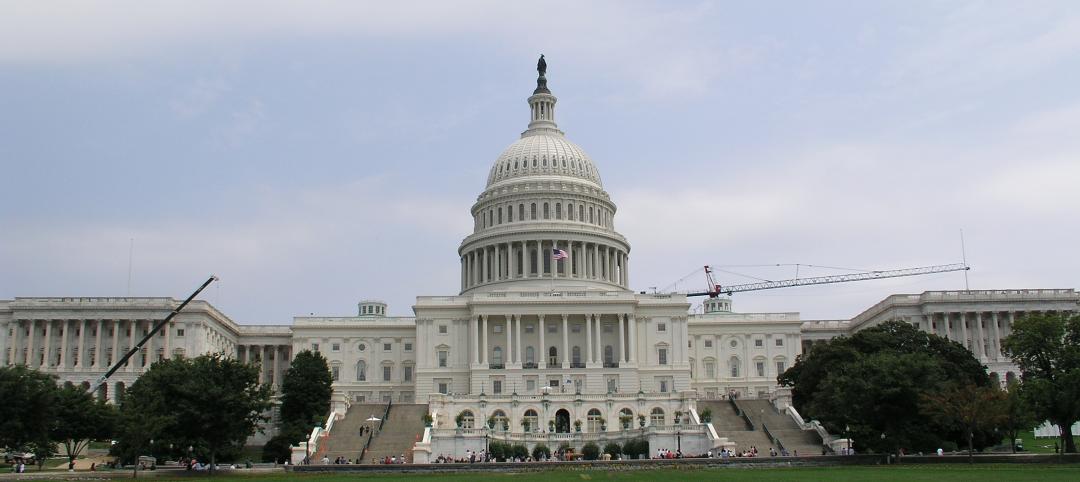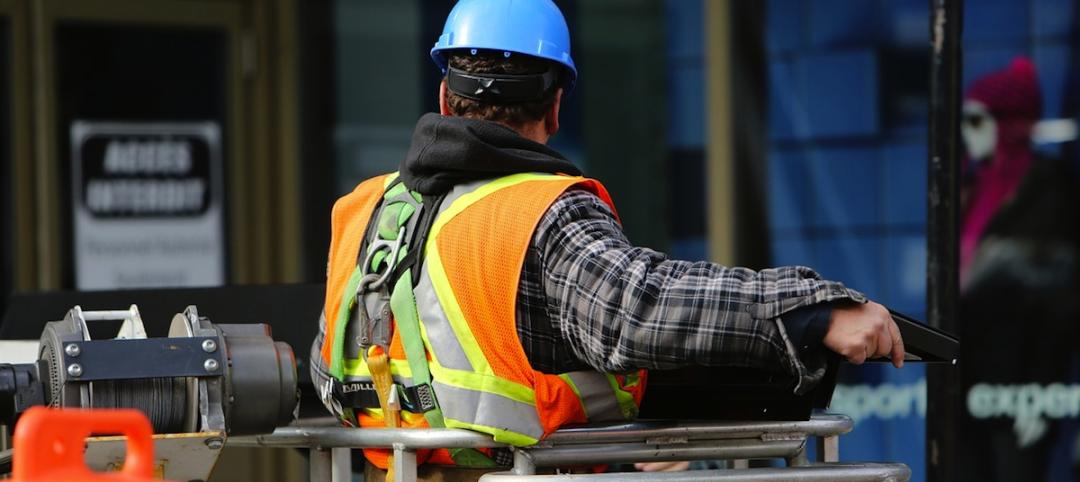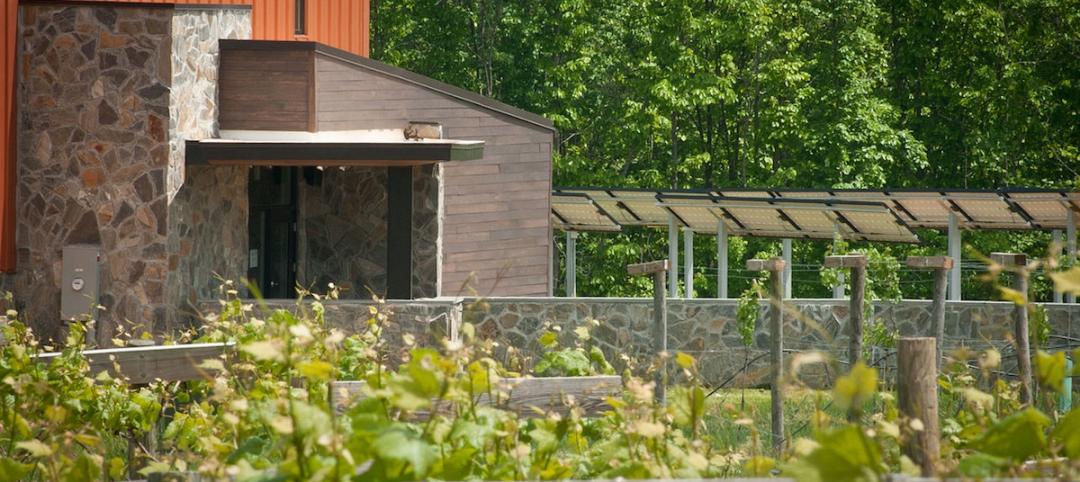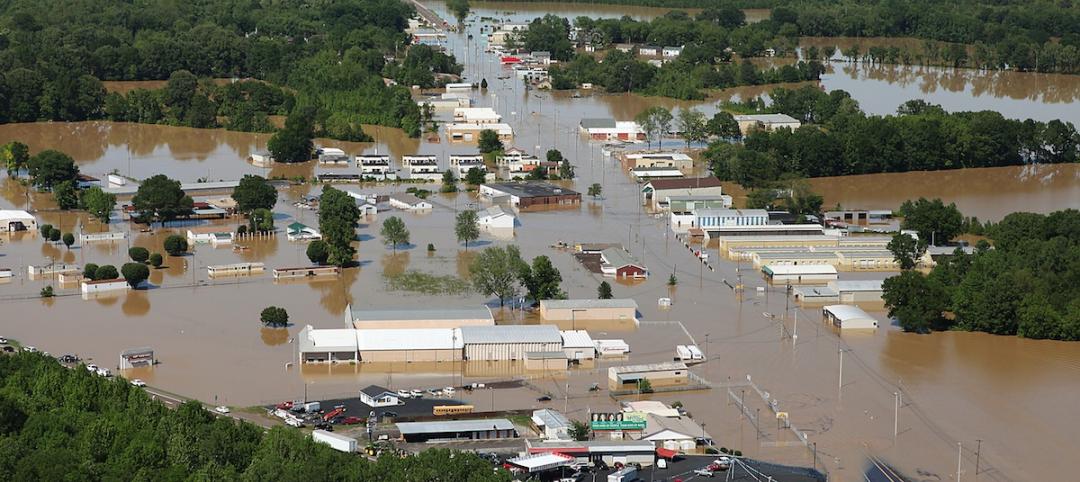The Inflation Reduction Act of 2022, recently passed by the U.S. Senate, sets aside over $5 billion for low carbon procurement in the built environment.
The policies in the bill aim to drive aggressive emissions reductions by 2030 within the building sector by incentivizing the use of low-carbon, clean materials for public infrastructure projects. Direct investments and tax credits will facilitate deep industrial decarbonization, with the potential to reduce over 200 million metric tons of carbon dioxide emissions annually by 2030.
Provisions in the bill include:
- $250 million for Environmental Product Declarations Assistance to support the development and standardization of EPDs for construction materials with grants and technical assistance to manufacturers.
- $100 million for Low-Embodied Carbon Labeling for Construction Materials to identify and label low-carbon materials and products for federally funded transportation and building projects.
- $2.15 billion for Use of Low-Carbon Buildings to specify and install low-embodied carbon materials and products for use in General Services Administration-owned buildings.
- $2 billion for Low-Carbon Transportation Grants that reimburse and incentivize the use of low-carbon materials and products for Federal Highway Administration projects.
- $4 billion for Improving Climate Resilience of Affordable Housing for funding to improve energy or water efficiency, indoor air quality and/or sustainability of projects, and implement low-carbon technologies, materials, and products to improve climate resiliency in affordable housing.
- FEMA Building Materials Program providing financial assistance for the use of low-carbon materials and incentives that encourage low-carbon and net-zero energy projects.
Related Stories
Codes and Standards | Mar 12, 2015
Energy Trust of Oregon offers financial incentives for net-zero buildings
The organization is offering technical assistance along with financial benefits.
Codes and Standards | Mar 10, 2015
Real estate interests push Congress for Census funding
The groups have joined forces to urge Congress to fully fund the 2020 Census and the annual American Community Survey in its 2016 budget.
Codes and Standards | Mar 5, 2015
Charlotte, N.C., considers rule for gender-neutral public bathrooms
A few other cities, including Philadelphia, Austin, Texas, and Washington D.C., already have gender-neutral bathroom regulations.
Codes and Standards | Mar 5, 2015
FEMA cuts off funding to Indiana after Kokomo continues building stadium in flood zone
FEMA will withhold funding on $5.5 million worth of projects such as building tornado safe rooms in schools.
Codes and Standards | Mar 5, 2015
Construction problems at prison spur support to quash non-traditional project delivery in Iowa
Iowa lawmakers are investigating construction problems at the Fort Madison prison project and are scrutinizing rules regarding project delivery on state projects.
Codes and Standards | Mar 5, 2015
AEC industry groups look to harmonize green building standards, codes
The USGBC, ASHRAE, ICC, IES, and AIA are collaborating on a single green code.
Codes and Standards | Mar 2, 2015
Nevada moves to suspend prevailing wage rules on school projects
The Nevada Senate approved a bill that would suspend prevailing wage rules on school projects.
Codes and Standards | Feb 22, 2015
Louisiana officials critical of stricter building standards in flood-prone areas
Buildings would have to be built either two or three feet above the base flood elevation for a 100-year flood or above the base elevation for a 500-year flood.
Codes and Standards | Feb 18, 2015
Buildings with rocking steel-braced frames are advantageous in earthquakes
Research at Case Western Reserve University has found that buildings that rock during an earthquake and return to plumb would withstand seismic shaking better than structural designs commonly used today in vulnerable zones of California and elsewhere.
Codes and Standards | Feb 18, 2015
USGBC concerned about developers using LEED registration in marketing
LEED administrators are concerned about a small group of developers or project owners who tout their projects as “LEED pre-certified” and then fail to follow through with certification.















